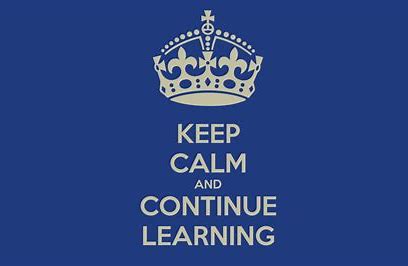What Will You Do
if Your Family and Friends Seem Unsupportive?
Your family and friends play an essential role in your life. They share your victories and defeats. They cheer you on when you’re struggling and congratulate you when you succeed.
At least that’s what you hope.

In reality, close relationships are usually more complicated. Sometimes, you may want more validation and support from your loved ones.
Even when your friends and family are on your side, it’s easy for misunderstandings to occur. Try these suggestions for making better connections with friends and family.
Building More Support
Multiple studies show that social solid support enhances brain function and can help protect you from heart disease, depression, and other severe conditions—work on deepening and extending your connections.
1. Rethink your assumptions. Resist the urge to take it personally, even if you feel rejected. A lack of enthusiasm could mean someone is busy with other things or prefers to be more cautious.

2. Communicate directly. Ask for what you need. It may take courage to express your true thoughts, but you're more likely to get positive results.
3. Adjust your expectations. Are you secretly hoping that others will entertain you, pay your bills, and make themselves available at your convenience? If you’re frequently disappointed, you may be demanding too much.
4. Be selective. Think about others’ strengths and resources before you make a request. Maybe you have one friend who makes you laugh while another is happy to babysit.

5. Spread it out. Avoid putting too much pressure on any one individual. A comprehensive and diverse social circle helps keep others from becoming overburdened.
6. Show appreciation. Let your loved ones know that you’re grateful to have them in your life. Write thank you notes with specific details about their thoughtfulness.
7. Give back. Healthy relationships are based on mutual support. Be generous with your time, talents, and other resources. Treat your friend to a spa day if you know they’re struggling. Wake up early and serve your partner breakfast in bed.
8. Consider counseling. Talking with a therapist can empower you to make positive changes if you feel stuck in old patterns. You can accelerate the healing process and learn new coping skills.

Learning to depend on yourself may help you receive more cooperation from others. You earn greater trust and respect when others see you striving to reach your goals.
Benefits to You
1. Boost your confidence. Believe in yourself and your abilities. Give yourself credit for going beyond your comfort zone and trying new things. Celebrate your authenticity instead of comparing yourself to others.
2. Increase your motivation. Remember the purpose behind your activities. Use your inner dialogue to encourage and reassure yourself. Focus on being consistent and persevering through obstacles.
3. Continue learning. Adopt a growth mindset. Use your leisure time or workplace programs to acquire more knowledge and skills.

4. Challenge yourself. Set goals that are realistic and compelling for you. Break big projects down into smaller steps. Develop concrete action plans that enable you to evaluate your performance.
5. Practice self-care. Healthy lifestyle habits keep you solid and fit. Eat a balanced diet with at least five servings of fruits and vegetables daily. Exercise regularly, sleep well, and manage stress.
Your support system helps you through tough times and adds meaning to your life. Developing social skills will enable you and your loved ones to comfort and encourage each other more effectively.
You can do this! Go for it!
Please share your thoughts and any response you may have in the form below.



